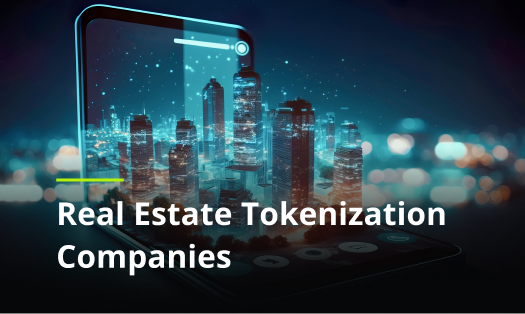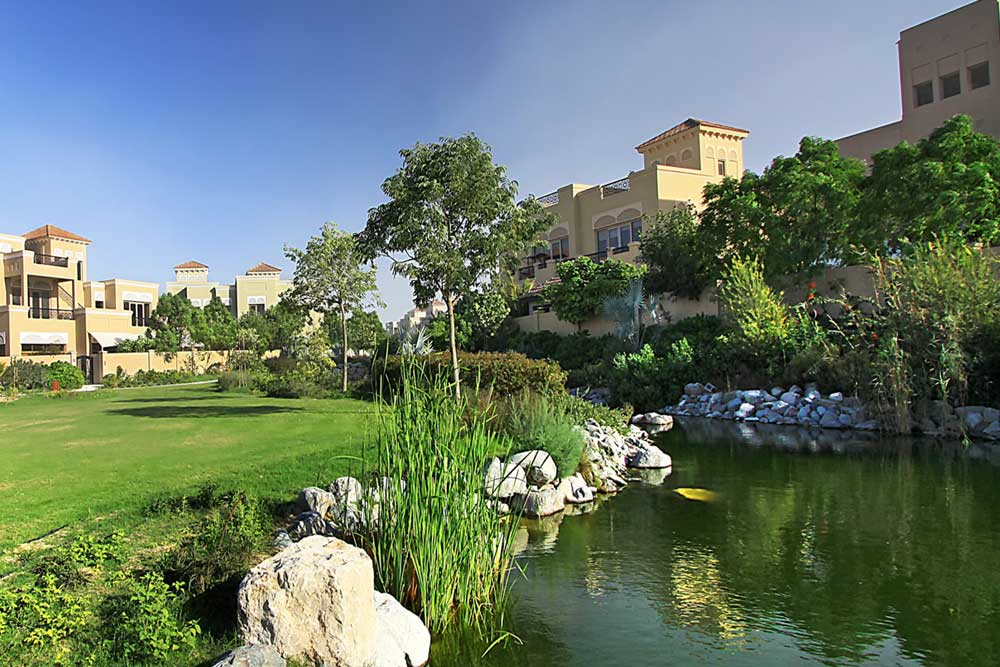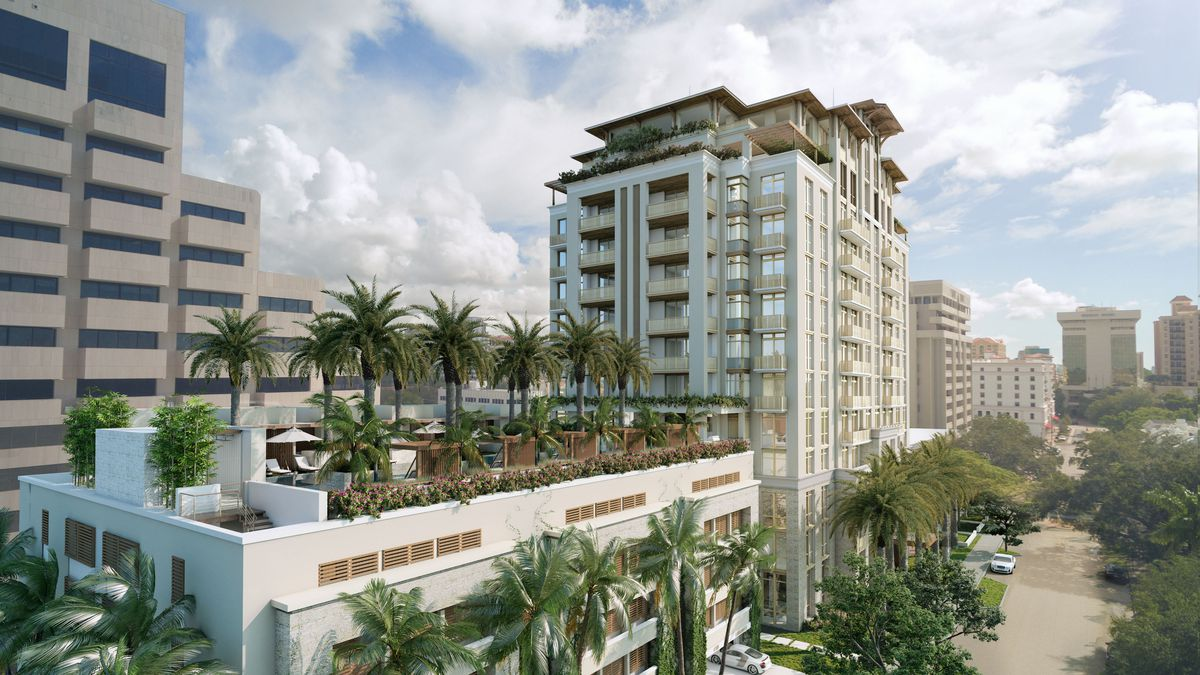Now Reading: Tokenized Property in Dubai Boosts Real Estate Investment
-
01
Tokenized Property in Dubai Boosts Real Estate Investment
Tokenized Property in Dubai Boosts Real Estate Investment

Tokenized Property in Dubai is making headlines after the Dubai Land Department (DLD) officially launched a real estate tokenization pilot project. This initiative signals a groundbreaking shift in how property will be owned, traded, and invested in the emirate. By using blockchain technology, the pilot aims to make buying and selling real estate faster, more transparent, and accessible to global investors.
What Is Tokenized Property?
Tokenized property refers to the process of converting ownership of a real-world asset, like real estate, into digital tokens stored on a blockchain. Each token represents a share of the property, meaning investors can own a fraction of a villa, apartment, or commercial building without needing to purchase the entire asset.
This concept allows for:
- Fractional ownership – lower entry barriers for small investors.
- Increased liquidity – tokens can be traded quickly, unlike traditional property.
- Transparency – blockchain ensures secure and verifiable records.
- Global accessibility – anyone worldwide can invest in Dubai’s property market.
For a city that has always embraced innovation, tokenized property in Dubai is a natural next step.
Why Dubai Is Leading the Tokenization Wave
Dubai has long positioned itself as a global hub for real estate and blockchain innovation. With initiatives like Dubai Blockchain Strategy 2030, the city has committed to integrating blockchain into government and business services.
The DLD’s move aligns perfectly with Dubai’s goals:
- Enhance ease of doing business.
- Attract international investors seeking secure, modern property transactions.
- Support the UAE’s vision of a digital economy.
By piloting tokenized property in Dubai, the Land Department is ensuring the city stays ahead of other global financial hubs like London, New York, and Singapore.
How the DLD Tokenization Pilot Works
The pilot project, unveiled by the Dubai Land Department, will explore how blockchain-based property tokens can be issued, traded, and regulated.
Key components include:
- Fractionalized property tokens backed by real real estate assets.
- Smart contracts to handle legal agreements automatically.
- Regulatory oversight to ensure compliance with Dubai property laws.
- Investor participation both locally and internationally.
The aim is to test the infrastructure before rolling it out across the wider property market.
Benefits for Investors
For investors, tokenized property in Dubai offers numerous advantages:
- Lower entry costs – Instead of needing millions to buy property in Downtown Dubai, investors can buy smaller shares.
- Faster transactions – Tokenized assets cut out middlemen, reducing paperwork and delays.
- Diversification – Investors can spread money across multiple properties easily.
- Liquidity – Unlike traditional property, tokens can be sold quickly in secondary markets.
This could open Dubai’s real estate sector to millions of new investors worldwide, particularly younger generations seeking digital-first investment options.
Developers and the Market Impact

For property developers, tokenization introduces new ways to raise funds. Instead of relying only on big investors or banks, developers can sell property tokens directly to retail buyers.
Experts believe this could:
- Speed up project funding.
- Increase sales by attracting a global pool of investors.
- Boost confidence in Dubai’s property market with more transparency.
Developers like Emaar and DAMAC are expected to explore tokenization in upcoming projects.
Challenges Ahead
While the potential is enormous, there are challenges that must be addressed before tokenized property in Dubai becomes mainstream.
- Regulatory clarity – Governments must ensure laws around digital ownership are airtight.
- Investor protection – Safeguards must be in place against fraud.
- Market education – Many investors are unfamiliar with blockchain and need guidance.
- Technology adoption – The system must be user-friendly and secure.
Dubai’s advantage lies in its strong regulatory ecosystem and willingness to adapt quickly.
Global Comparisons
Tokenized real estate has been attempted in markets like the U.S., Europe, and Singapore. However, Dubai is the first Middle Eastern city to officially launch a government-backed pilot, giving it a unique competitive edge.
By becoming an early adopter, Dubai strengthens its reputation as a future-focused real estate hub.
Tokenization and the Future of Real Estate
Tokenization may reshape the real estate industry in several ways:
- Properties will be traded like stocks.
- More investors will participate in the market.
- Developers can fund projects faster and more efficiently.
- Rental yields and profits can be distributed digitally to token holders.
Within a decade, experts predict tokenized property in Dubai could become standard practice, especially for high-value assets.
Dubai’s Digital Economy Push
The move also ties into the UAE’s vision of a diversified, digital-first economy. Beyond property, tokenization could apply to other asset classes like art, luxury cars, and even businesses.
Dubai’s leadership wants the city to be a pioneer in blockchain-powered ownership models that change how global markets function.
Expert Opinions
Industry voices have hailed the DLD’s initiative as “transformative.”
- A blockchain analyst at PwC said: “Tokenized property in Dubai could democratize real estate investing worldwide.”
- A Dubai-based developer noted: “Fractionalized property tokens may become as common as traditional mortgages in the next decade.”
Conclusion
The launch of the Dubai Land Department’s real estate tokenization pilot is more than just an experiment-it’s a gamechanger for the property market. By combining blockchain with real estate, Dubai is opening new doors for investors, developers, and global markets.
Tokenized property in Dubai represents a new era: more accessible, transparent, and inclusive. While challenges remain, the future looks promising. Dubai has once again proven why it is one of the world’s most innovative property hubs.
Do follow us : Instagram
Read More-Abu Dhabi Property Adverts Permit Curbs Fake Listings Effectively






















